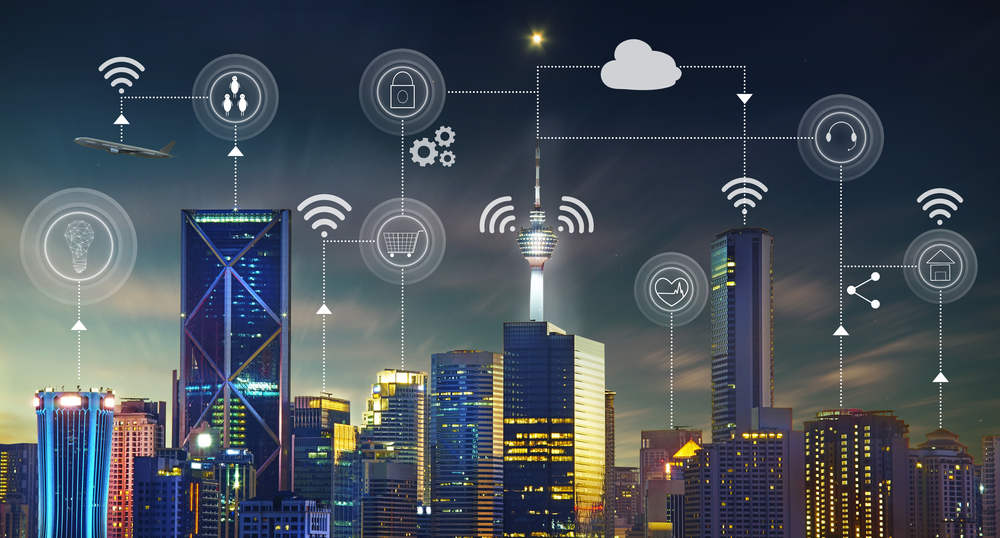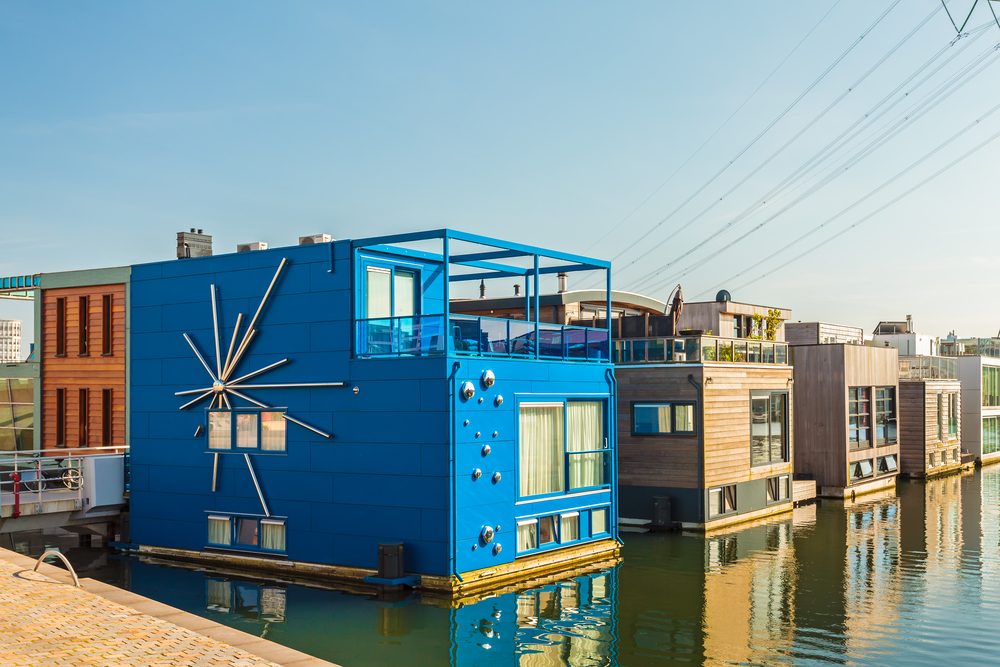
The end of summer is upon us – Fall/Autumn is now just around the corner; as a result, many of us want to take the most of it by escaping on a city break. When you visit a place you haven’t been to before, you want to get the most of the experience – from seeing the famous attractions and sites to sampling the traditional cuisine. But when planning the getaway, do you at times worry about wandering, lost, around in the streets of a bursting metropolis? A different city can be an alien world…
Fortunately, modern city breaks have evolved to provide us the bespoke experience that we are looking for by offering us information on the go, whenever we need it, provided by cutting edge technology.
We now label everything that is connected to the Internet as ‘smart’ today – be it a watch, a phone, a car or a TV. So, how can we define what a smart city is? Simply put, smart cities use Internet of Things (IoT) devices such as connected sensors, lights and meters to track and analyze data. This data is then used to improve the infrastructure, mobility, governance, public services and utilities to provide a more efficient and high-quality lifestyle for the city’s visitors and residents.
For example, mapping apps connected to the city’s transport systems help us find our way around the foreign, unfamiliar streets. Bus stops themselves offer free WiFi, USB charging stations and other interactive experiences. Additionally, smart grids control energy use in cities, so we can be assured energy use is as environmentally friendly as possible.
There’s no wonder why smart cities are so highly in demand… IoT technologies give people the opportunity to interact with the environment in new and previously unimagined ways. So, which smarty cities should we be looking to escape to? Here’s our guide to some of the smartest cities to consider for your next city break:
- Amsterdam
Using the natural landscape to its advantage, Amsterdam has created a floating village. The city has built houses on its canal, connected through suspended walkways. Not only does this solution help the city with its overcrowding problem, but the floating houses are more sustainable, because they were built with energy-saving in mind – power is generated within the new community, and the houses take water directly from the river and filter it in their own tanks.

What’s more, Amsterdam’s department for Infrastructure, Traffic and Transportation (DIVV) has made all its traffic and transportation data available to interested parties. This data has allowed developers to create apps which make getting around the city easier for both locals and visitors. For example, ‘weCity’ – delivers tailored travel tips and recommendations, ‘Q!Amsterdam’ is your personalized city companion and ‘Spotted by Locals’ contains maps and guides written by knowledgeable locals. Amsterdam is one of the world’s smartest cities also thanks to initiatives like roboats – a fleet of autonomous delivery boats.
- Singapore
Singapore’s Smart Nation solution aims to merge technology into every aspect of life on the city-state. For example, bus stops under this plan will have interactive maps and WiFi connectivity as an attempt to make the journeys of Singapore’s commuters more efficient and enjoyable. Aiming to have an efficient eGovernment, the city-state is deploying an undetermined number of sensors and cameras that will allow the government to monitor everything from the cleanliness of public spaces to the density of crowds and the precise movement of vehicles.
Singapore is also making waves in motor technology, with students at Singapore’s leading university developing a smart car that is not only entirely powered by solar energy, but is also 3D-printed. Singapore is also keen to have driverless cars on its roads as soon as possible, so if you fancy moving around the city in a ‘smart’ way, this is the place to go!
- Copenhagen
The best way to explore a foreign city is to do what locals do. So, if you go to Copenhagen, hop on a bike to see the sights as it turns out that 41% of the population cycles to work. But why is this smart you might ask? Copenhagen’s cycle revolution has spawned other clever ideas like an app developed by students that tells cyclists what speed to ride at to hit green lights all the way to their destination.
The city also recently collaborated with the Massachusetts Institute of Technology (MIT) to develop a smart bike equipped with sensors to provide real-time information to not only the rider but also to administrators for open data aggregation on issues of air contamination and traffic congestion.
- Boston
Boston is making serious waves in app technology, by making sightseeing smart and fun! So, do you fancy sightseeing whilst solving crimes? Murder mystery app Parkman Murder takes you on a guided tour of the city, unlocking clues as you go. But if you’re not up for a challenge, Citizens Connect lets you view traffic and disruptions in real time, as well as warning you of any pesky potholes in your path. The app is compiled by city residents in real time, so you know you’re getting honest and up-to-date information.
With those four suggestions in mind, we hope you’re ready to go and get smart on a global scale. What do you think of our suggestions? Let us know by tweeting to us @Gemalto or leave a comment in the section below.


